
Last Sunday (April 3, 2016) the International Consortium of Investigative Journalists (ICIJ) and the Sueddeutsche Zeitung (SZ) released the Panama Papers to media outlets around the world.
The Panama Papers are a cursed treasure trove of 11.5 million documents obtained from the Panama-based law firm Mossack Fonseca. The files detail customer relationships, accounts, and ownership structures of over 300,000 companies.
See the scale of the Panama Leak in an infographic.
There is sure to be countless stories uncovering corruption, embezzlement, and economic fraud, and plenty of wealthy criminals around the world will be facing charges -- especially those in powerful political positions.
But the Panama Papers also raise many questions.
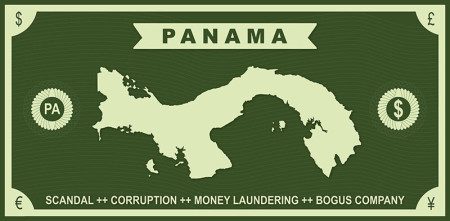
Is Financial Privacy Dead?
If you are an ordinary citizen, accomplishing financial privacy is hard. Your credit card purchases are mined by corporations who want to create the perfect profile of you, so they can serve you tailored advertisements. Worse, governments can view everyone’s bank balances and financial transactions and force banks to randomly ask for justification of your income, purchases, and investments.
Most legal systems used to guarantee privacy, particularly privacy at home or in correspondence. Financial privacy, especially, was very strong in Europe. The United States did catch up, though, passing the “Right to Financial Privacy Act” in 1978, which required the FBI to obtain warrants when searching through bank records.
German-speaking countries have long had infamous bank secrecy acts, particularly the Swiss, due to the 1934 Federal Act on Banks and Savings Banks. While Germany, Austria, and Liechtenstein have abandoned many of their special privacy protections for bank customers, Switzerland still proudly defends theirs, despite large international pressure to stop.
What Financial Privacy Has Become
As finance becomes increasingly electronic cash payments are increasingly the exception and have started to stick out in the sea of electronic payments. As such, cash payments are met with more scrutiny and, therefore, cease to be an option for maintaining financial privacy. Some jurisdictions, like Sweden, have almost completely eliminated cash from their economies.
Much of our legal protections with regards to financial privacy has disappeared over the past twenty years. In the United States, the 2001 PATRIOT Act, Title III, gives law enforcement unprecedented powers over financial institutions, under the excuse of preventing money laundering and the financing of terrorism. The Patriot Act requires financial institutions to keep thorough records and make regular reports to law enforcement agencies.
Financial privacy also became a victim in the fight against tax evasion, starting in the European Union first, then gradually spreading over the world. The Organisation for Economic Co-operation and Development (OECD) has a “Convention on Mutual Administrative Assistance in Tax Matters”, originally launched in 1988, then restarted in 2010, that regulates and mandates an information exchange of taxation and other financial records. 57 countries have signed the agreement so far, effectively ending any meaning of the concept of financial privacy.
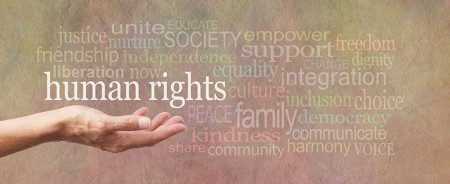
Is Financial Privacy Even a Right?
Article 12 of the Universal Declaration of Human Rights reads:
No one shall be subjected to arbitrary interference with his privacy, family, home or correspondence, nor to attacks upon his honor and reputation. Everyone has the right to the protection of the law against such interference or attacks.
Does this include financial privacy? It’s not entirely clear from the wording, and while the existence of such articles certainly appears to make financial privacy a customary right, it loses all status if we stop practicing the custom, or fail to recognize it as a right of society.
There is a gap in logic between how people and corporations respond to the erosion of financial privacy. While privacy of a person’s communications is certainly under legal pressure, no banks will stand up for their customers’ rights to privacy in the same way Apple did when it stood up to the FBI.
Is It OK to Uncover Everyone's Financial Data to Find a Few Criminals and Corrupt Officials?
Encryption can certainly help in matters of financial privacy, as demonstrated by the cryptocurrency Bitcoin, although confusion exists as to how private Bitcoin really is (more on this later).
Other services, such as messaging companies, have embraced encryption. What separates financial providers from messaging platforms, in this regard? Does Whatsapp, for example, have more of a social conscience than banks, or are they simply more tech savvy when it comes to including privacy into their products? Do governments have financial institutions under so much control the banks do not dare to speak up for the rights of their customers?
Should I Get an Offshore Company?
Offshore companies help you maintain financial privacy by making it difficult for the press, the public, or the governments to determine what assets you hold. Ownership records of your assets (E.G. real estate, stock, bonds, or bank balances) are still visible to the prying eye, and so are your transfers. But your private identity is disconnected from the accounts via a web of obscure companies, registered on idyllic Caribbean islands.
Sadly the offshore account process is prohibitively expensive and only available to the most wealthy individuals. Financial privacy in 2016 is only available at a very high price and a large amount of trust must be placed into the organizations providing the services. And their databases can easily reveal your carefully woven web of pseudonyms -- as demonstrated by the Mossack Fonseca leaks.
Financial privacy for the regular person can be achieved with Bitcoin. The great and many responses to ExpressVPN’s Comprehensive Guide to Bitcoin Anonymity demonstrate that there is a huge demand for learning how Bitcoin and Privacy fit together.
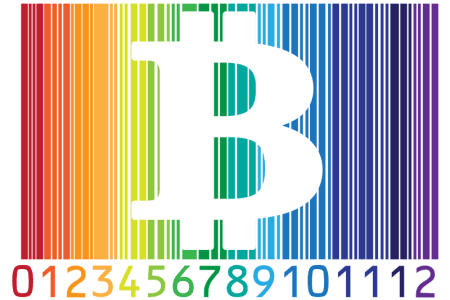
Bitcoin Offers Financial Privacy to the Masses
A Bitcoin account requires no need to trust a third party and you can open one on your own computer, anytime you wish. Bitcoins can be bought with real cash or they can be earned online, and their trail can be obfuscated with a pseudonym.
Bitcoins are volatile in value, but no more than the investment vehicles available to the rich through Offshore Companies, such as stocks or real estate.
After the recent leaks, it will be interesting to see how those seeking financial privacy through offshore companies will adapt. Will they move on to the next big law firm promising secure servers and discreet handling of information? Or will they be tempted to move funds into assets like Bitcoin?
When Does a Leak Become a Privacy Scandal?
Despite the excitement surrounding the Panama Leaks, there is also great cause for concern. There are many legitimate reasons to open an Offshore Company, and everyone has a right and expectation to privacy. The best protection against any leak is to keep no records, but can a company like Mossack Fonseca function without records? Probably not.
Given the poor state of technology at nearly every law firm, their electronic records cannot be considered safe. Plus, putting your trust into a law firm also means putting your trust into every single individual who works at the firm.
Law firms: You don't want to be like Mossack Fonseca. Among other things, ask your IT dept to encrypt your emails. pic.twitter.com/Yxut3g28Ng
— Christopher Soghoian (@csoghoian) April 5, 2016
There would no doubt be plenty of misconduct and scandals of public interest among a full dump of the Facebook chat history, but would we, as the public, really condone and salute such a leak? Would we want all of our chats aired, just to catch out a few wrongdoers?
The Panama Leak is full of wealthy and powerful individuals who have something to hide, which is how we might come to the quick conclusion that there must be a high amount of criminals among them. This, surely, makes it hugely different from a database dump of a popular messaging platform. So is it in the public interest? Should those with legitimate reasons for an offshore account be dragged into the data dump? Are they not entitled to their privacy, as we are ours?
Let's hope the journalists involved can make the distinction between the horror and thievery that hides in these offshore jurisdictions, and those who are fleeing from the same crimes. While it is incredibly helpful and empowering to uncover corruption in places like Russia or Syria, we should also be able to read about crimes in the Western world where we do not have as clear a picture as to which leaders are corrupt.
We don’t yet know what form ICIJ and SZ will release the raw data from the Panama Leaks after they are finished publishing their high-value stories, but surely it will not be in its entirety? It’s a difficult decision for them to make, as releasing it in full will undoubtedly harm at least some innocent people with legitimate reasons for an offshore account -- perhaps those not wanting their friends and family to know they won the lottery or maybe even people in witness protection programs.
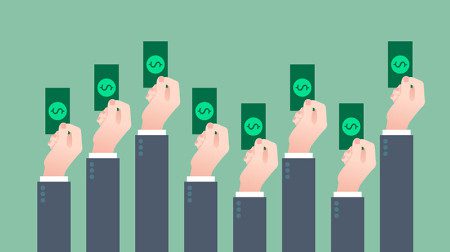
Exposing the Corrupt Is Good, but Eroding Privacy Is Bad
Financial privacy is quickly being eroded. The last safe havens, Offshore Accounts, are currently only available to the rich and powerful, and they just took a massive hit in terms of credibility. It remains to be seen whether Mossack Fonseca's competitors will also take a hit to their credibility and perceived risk, or how long governments will still be willing to let these offshore organizations conduct their business.
For the average person, Bitcoin is currently the only option to gain some personal financial privacy, although the learning curve is still quite steep, and Bitcoin is not risk-free either.
If we want financial privacy we will have to step up for it, by demanding it. Subscribing to services that promise privacy and continue to use cash and Bitcoin in everyday transactions will help. Because only a right that we exercise and use is a right that we can expect to keep.
Maybe in the future, we will all be able to walk around “with a Swiss bank account in our pocket”, as Barack Obama infamously said at 2016’s SXSW, in response to the Apple vs FBI saga.
Panama note: Ingo Menhard / Dollar Photo Club
Privacy: Nikki Zalewski / Dollar Photo Club
Bitcoin: allapen / Dollar Photo Club
Corrupt: M.Gove / Dollar Photo Club
Take the first step to protect yourself online. Try ExpressVPN risk-free.
Get ExpressVPN

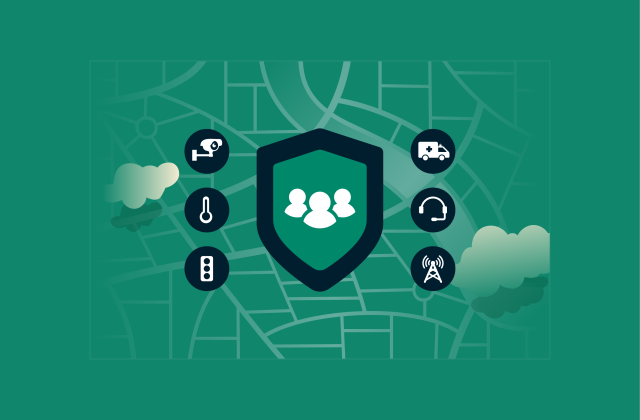
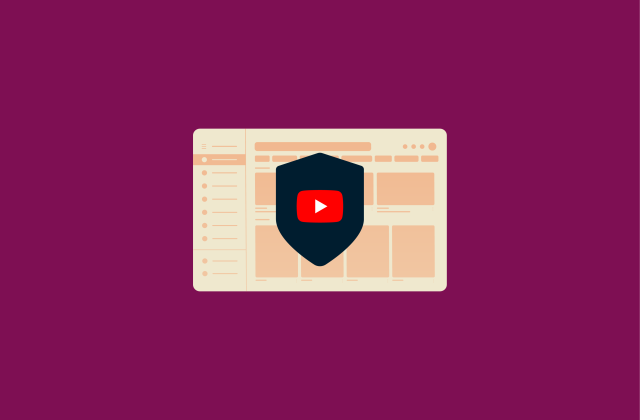
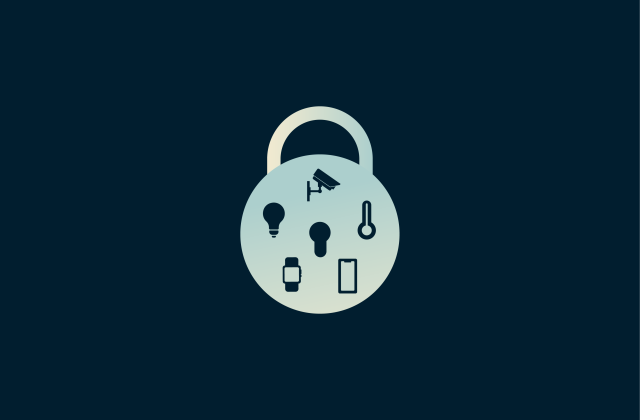
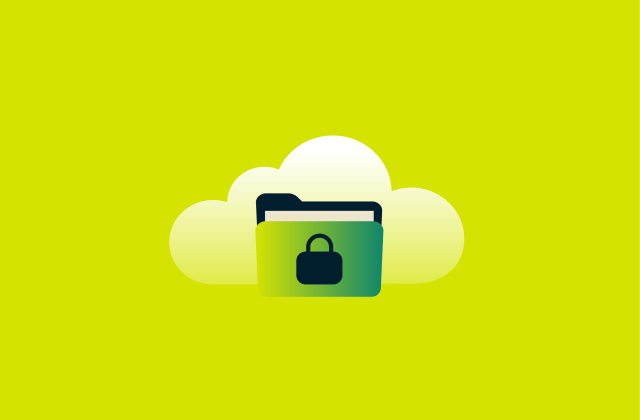
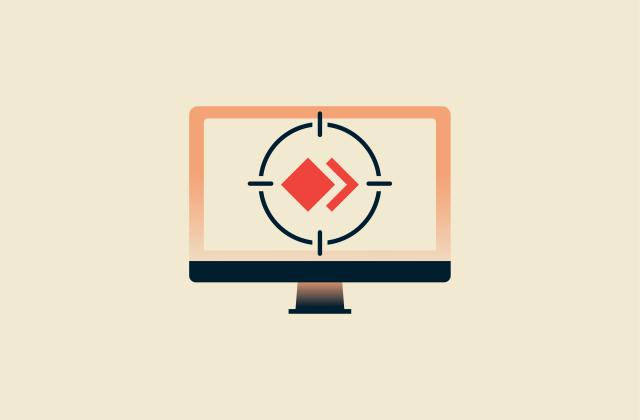
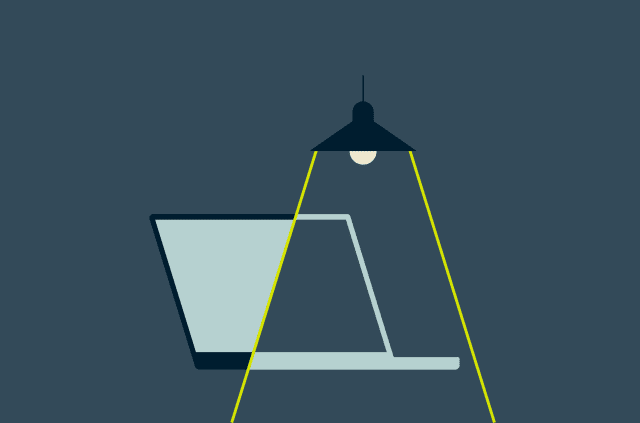
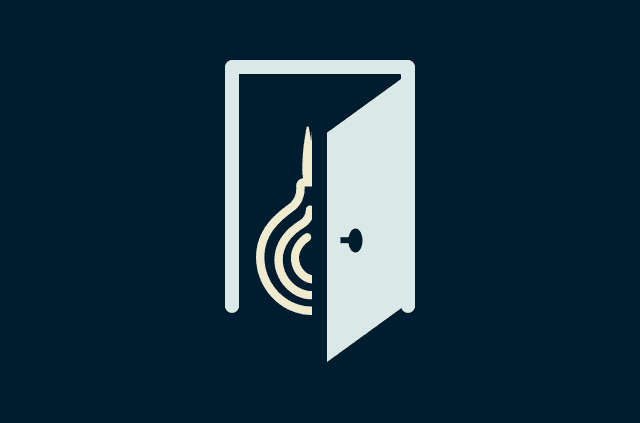
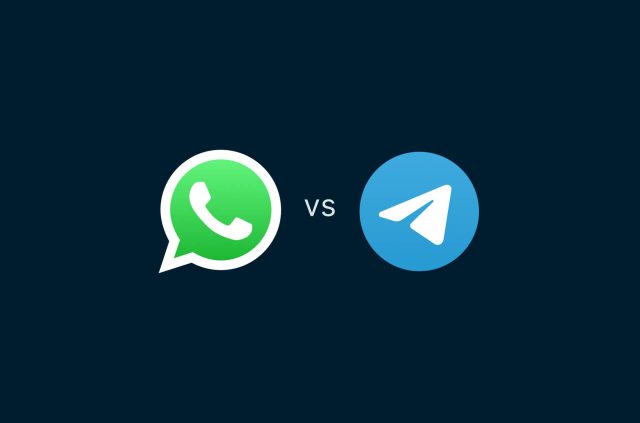

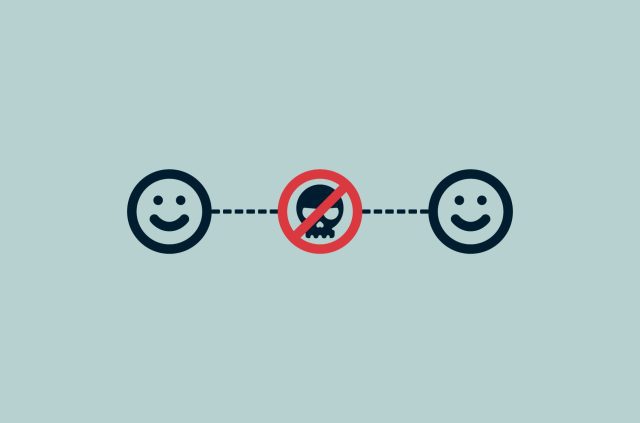
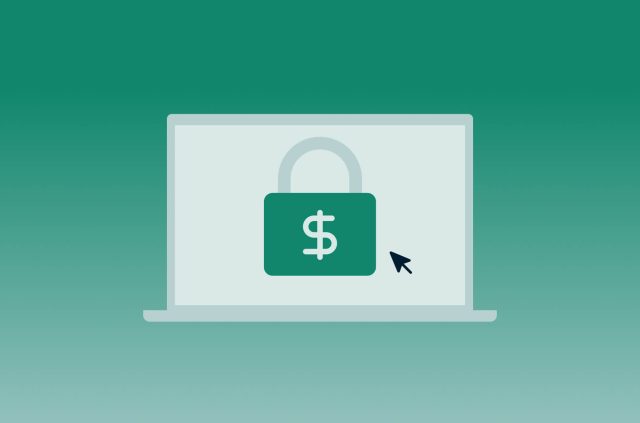
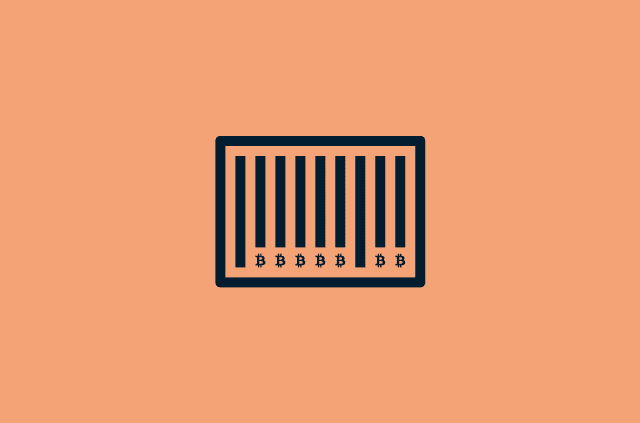
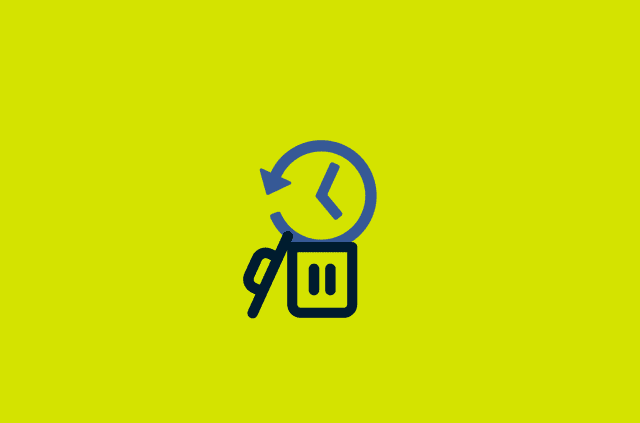




Comments
i want to study panama leak in detail can anybody help me to provide any material about panama leak like history, function etc